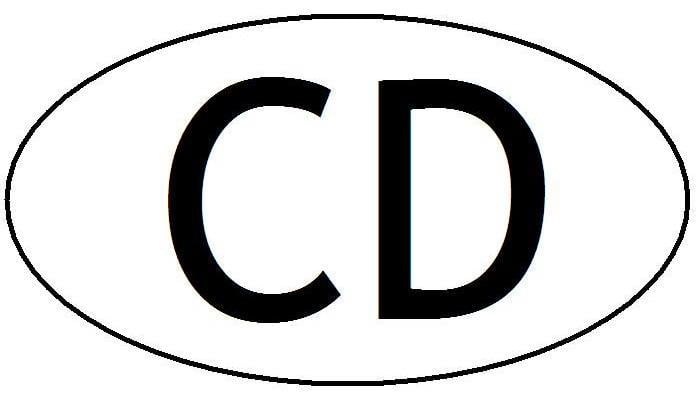Reinier advises national and international companies
reinier.russell@russell.nl +31 20 301 55 55International organizations can invoke jurisdictional immunity. What are the consequences, and when is this allowed?

Roughly 40 international organisations are based in the Netherlands. The Dutch State has a strong interest in the presence of these organisations. To ensure that they can perform their tasks properly and without interference from States, they have been granted immunity from jurisdiction. This means, the national court has no jurisdiction to decide in cases to which an international organisation is a party.
Recently, the Supreme Court of the Netherlands has rendered a decision in a longtime dispute between two trade unions and the European Patent Office. The trade unions wanted the Patent Office to be obliged to negotiate with them. The European Patent Office that was taken to court, invoked immunity from jurisdiction in the proceedings but this was dismissed both in first instance and on appeal. How could this happen?
Immunity from jurisdiction is not unlimited. The European Convention on Human Rights establishes that each individual must have access to court. The Hague Court of Appeal considered that this right was violated by invoking immunity from jurisdiction, as it would deny the trade unions the right to access to court.
However, case law provides that the right to access to court is not absolute. The limitation of this right must be proportionate, i.e. it can only be limited if there is a reasonable alternative to the national court.
The trade unions were granted the right to access to court, but this right could be limited by the immunity from jurisdiction the European Patent Office enjoyed if the trade unions had an alternative to obtain justice. Ultimately, the discussion concentrated on the question whether the trade unions had an option to defend their rights outside of the Dutch court.
The Supreme Court believed they did. The employees represented by these trade unions could contest the measures taken by the international organisation by means of an internal procedure. If they were not satisfied with the result, they could lodge an appeal with the International Labour Organisation Administrative Tribunal (ILOAT) in Geneva.
The European Patent Office was thus allowed to invoke immunity from jurisdiction and the Dutch court was not competent to judge on the dispute.
International organisations can invoke immunity from jurisdiction if there is a good alternative to Dutch court proceedings. Embassies and Consulates will usually not have this alternative. They can only invoke immunity from jurisdiction when acting in their public function as representative of a foreign State. Where private law is concerned, for instance, in concluding a lease contract or dismissing an employee, they can only invoke jurisdictional immunity if state security is at risk.
Remember:
Would you like to learn more about immunity? Please contact us:
Why is it wise for a landlord to include a diplomat clause in a temporary rental agreement and what is the content of this clause?
Russell Advocaten has for the 17th consecutive year in a row been included in The Legal 500. We are pleased with the recognition for the quality of our legal services by experts and clients. Please read what they say about us:
We have hosted a special webinar “COVID-19: Reorganization, Job Loss & Stay” in cooperation with IN Amsterdam on 23 March. During the webinar, we discussed issues that employers and international employees face due to the impact of the coronavirus. Watch the video today!
We are hosting a special webinar “COVID-19: Reorganization, Job Loss & Stay” in cooperation with IN Amsterdam on 23 March. During the webinar, we will discuss issues that employers and international employees face due to the impact of the coronavirus. Register today!
Russell Advocaten has been included in The Legal 500 for the 16th consecutive year. We are pleased with the recognition for the quality of our legal services by experts and clients. Read what they say about us:
Quality, promptness and personal attention is of paramount importance to us. Read in this newsletter the experiences of five clients. Why do they engage our law firm? What do they think is the strength of Russell Advocaten and, above all, what do they get in return?